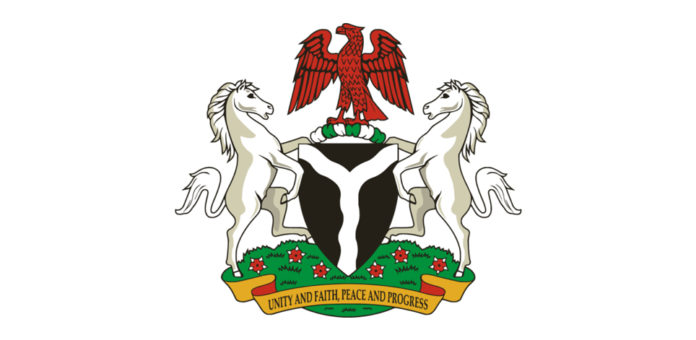For years, Nigeria’s healthcare system has struggled under the weight of underfunding, poor infrastructure, and a lack of skilled personnel. But recent health sector reforms, led by President Bola Ahmed Tinubu’s administration, are beginning to turn the tide. These sweeping changes are revitalizing the nation’s healthcare system by improving service delivery, increasing access, and promoting better health outcomes for Nigerians.
A central pillar of the reforms is the Basic Health Care Provision Fund (BHCPF). This initiative is channeled toward supporting primary healthcare centers across the country, helping them deliver essential services to the population. Since its rollout, the fund has significantly boosted the capacity of many health facilities, enabling them to offer more reliable and efficient care.
Another major focus has been the revitalization of primary healthcare infrastructure. The government has poured resources into renovating and re-equipping health centers, ensuring they are better prepared to serve local communities. This effort has led to a rise in patient turnout at primary healthcare facilities, helping to ease the pressure on overstretched tertiary hospitals.
Recognizing the vital role of healthcare workers, the reforms also emphasize training and development. Scholarship programs and professional development opportunities have been launched to equip health professionals with updated skills and knowledge. As a result, patients are experiencing improved care quality and better health outcomes.
The push for universal health coverage is also gaining momentum. The National Health Insurance Scheme (NHIS) has been overhauled with new packages designed to expand coverage and make healthcare more affordable. This has led to a growing number of Nigerians enrolling in health insurance programs, reducing the financial stress associated with medical expenses.
Furthermore, the reforms have strengthened the country’s infectious disease prevention and response efforts. Free vaccination programs for children and adults have helped curb the spread of preventable diseases. Meanwhile, the establishment of rapid-response systems has enhanced Nigeria’s ability to manage disease outbreaks efficiently.
While progress is evident, challenges remain—particularly in terms of funding, infrastructure gaps, and workforce shortages. However, the positive outcomes so far suggest that sustained efforts will continue to drive improvements.
President Tinubu’s health reforms have laid a solid foundation for a more inclusive, effective, and resilient healthcare system in Nigeria. With continued investment and commitment, the vision of universal health coverage is gradually becoming a reality, promising a healthier future for all its citizens.
Omoluogbe Ruth
ACI&PRO
FIC, Benin City
25 April, 2025






